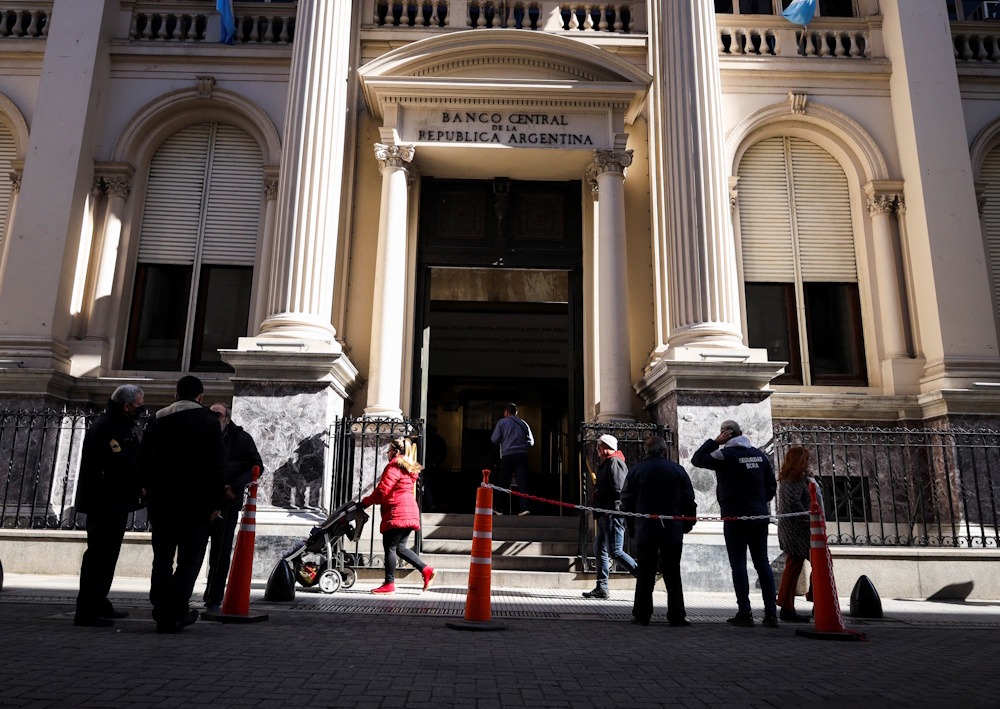Argentines are now prohibited from purchasing U.S. dollars in the official wholesale market via e-wallets, following a statement from the Central Bank on Tuesday, which clarified that fintech firms had never received authorization to engage in the sale of the currency. The authorities assert that this does not represent a new limitation on the availability of foreign currency. However, this declaration emerged over two months after prominent digital wallets started promoting the service to users, coinciding with the government’s efforts to curb a pre-electoral rush on the peso, which has drawn criticism from analysts. “They asked us to shut it down,” Ariel Sbdar said, after a user noted that they could not access the foreign exchange market. Mercado Pago, a prominent e-wallet, has also ceased providing the service. Although the application maintains a visible exchange rate, the functionalities for purchasing and selling dollars in the official market are currently inactive.
Users retain the ability to acquire dollars through the financial MEP market, which involves purchasing a sovereign bond or stocks in pesos and subsequently selling them for dollars. Last week, the government implemented a ban on individuals who had purchased dollars on the official market within the previous 90 days, prohibiting them from engaging in MEP dollar operations, and conversely. The prohibition aimed to prevent individuals from purchasing dollars in the official market and subsequently selling them on the financial dollar market at an elevated price. The president of the Central Bank, Santiago Bausili, stated that e-wallets were never permitted to engage in dollar sales on the official market, and this action aims to address a regulatory gap. “No measures were taken today,” Bausili stated during an interview. “Nothing changes, beyond the tumult on social media.” The monetary authority reached this decision as the government continues to exhaust international reserves via the Treasury to support the peso, in the context of rising dollar purchases.
Banks, exchange houses, and e-wallets commenced the unrestricted sale of foreign currency in April, following the government’s removal of limitations on individual purchases of the greenback, previously referred to as “cepo”. The e-wallets did not engage directly with the foreign exchange market; rather, they utilized a bank, specifically the Banco Industrial, as an intermediary. “Outsourcing operations is not permitted,” stated the Central Bank communiqué on Tuesday. A source indicated that the authority had merely clarified the matter and ensured that those who were not in compliance were brought into alignment. Christian Buteler observed that Mercado Pago has been promoting access to the official foreign currency market since July 28.
“It is not credible to assert that a loophole in the regulations was being exploited, and that the Central Bank coincidentally is addressing it now, amidst a run on the currency,” he wrote on X. “No one can believe that the Central Bank didn’t know that the wallets were selling official dollars,” he stated, noting that the rationale behind the new restrictions was that 30% of dollar purchases in recent months were conducted via e-wallets. “They are attempting to shut off this source,” he wrote.

